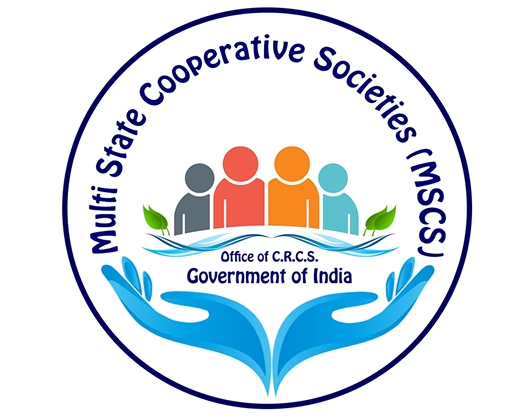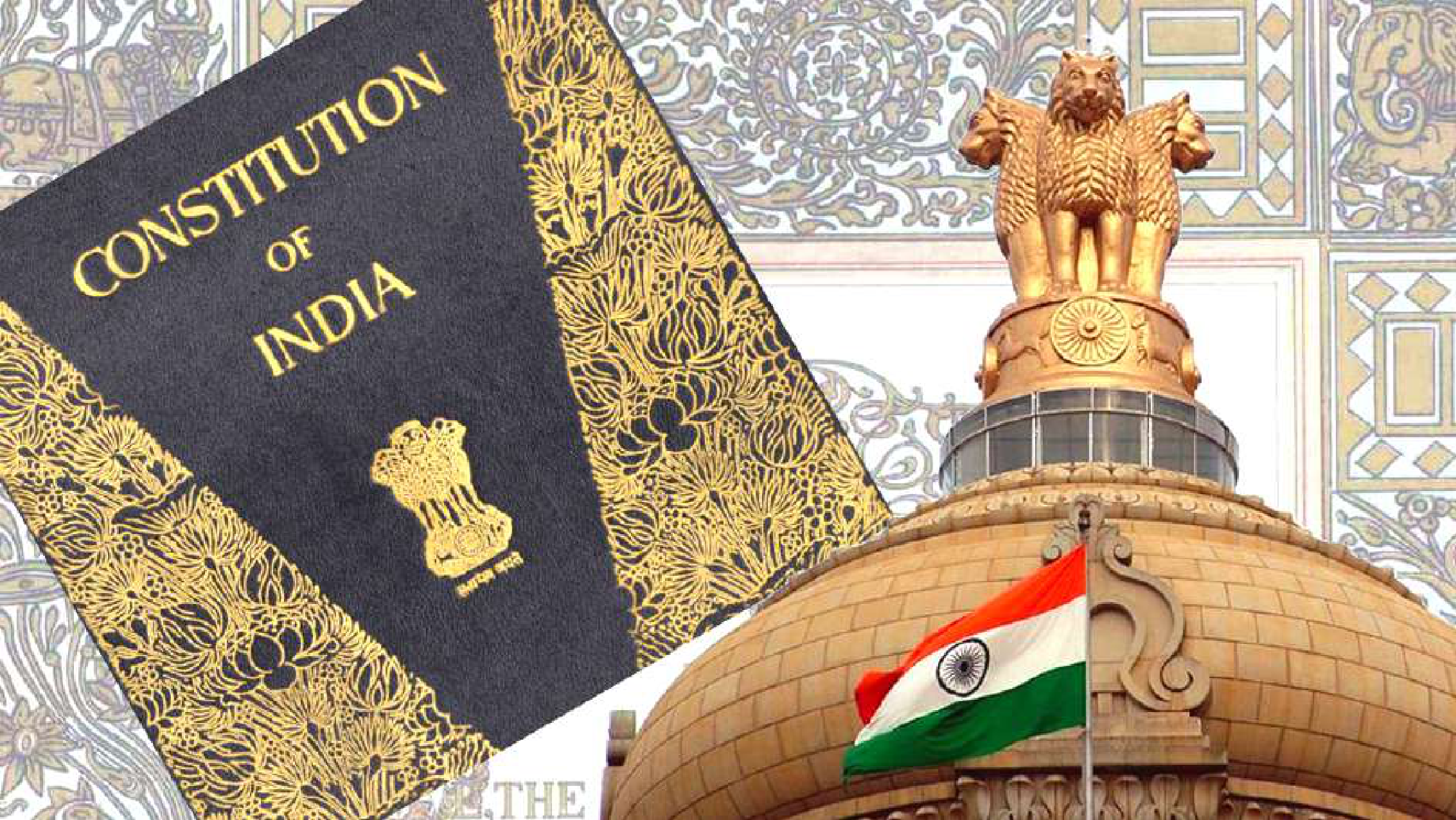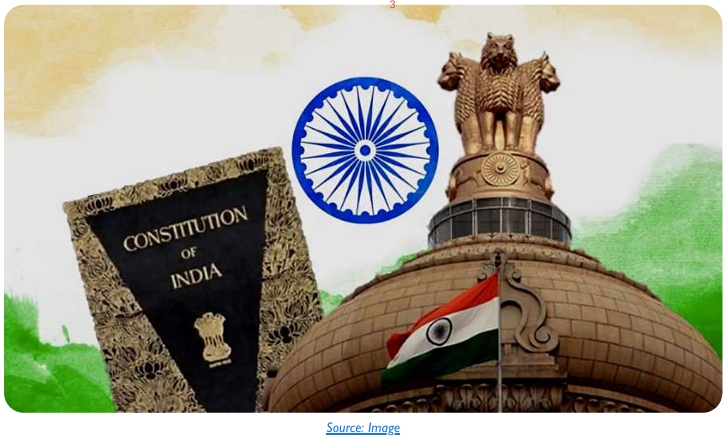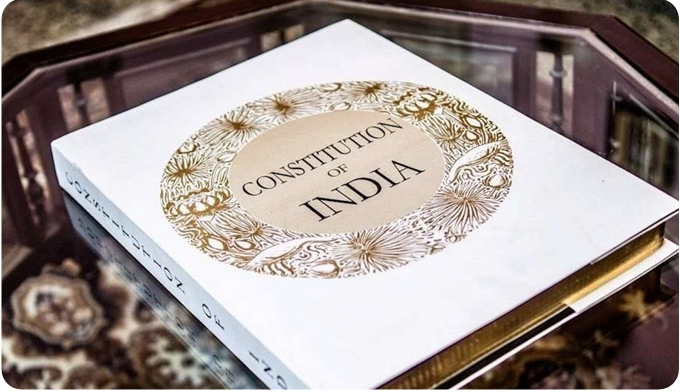A co-operative society is often a voluntary association of individuals who come together with the intention to work together and to promote their economic interest. These societies work on the principle of mutual help for the members. Thus they are the original form of “social enterprises”. The philosophy of cooperatives is best captured by the seven Rochdale Principles which include
- Voluntary and open membership
- Democratic member control
- Member economic participation
- Autonomy and independence
- Education and training of and information to members
- Cooperation among cooperatives
- Concern for community
The Constitution (97th Amendment Act), 2011 was enacted to reform the over 100 year old Co-operative Societies laws in India. The first laws were the Co-operative Credit Societies Act, 1904 and the Co-operative Societies Act, 1912. Over the years, as state financial support to cooperatives increased, their autonomy got reduced. The successive state governments enacted provisions for suspension and supersession of Boards of cooperatives and takeover of their management by government appointed officials. The elections were not held for many years and when those were held, politically powerful elements cornered most of the Board positions, As a result, the general membership was alienated from cooperatives and increasingly cooperatives became moribund.

There were numerous official attempts to revive cooperatives but eventually in the 1980s, some members of the cooperative movement got together and created an enabling model law which was enacted in Andhra Pradesh as the Mutually Aided Cooperative Societies Act, 1995. It was describes as “an Act to provide for the voluntary formation of co operative societies as accountable, competitive self0reliant business enterprises, based on thrift, self- help and mutual aid, owned managed and controlled by members for their economic and social betterment.”
In furtherance of this, the Multi-State Cooperative Societies Act, 2002 was enacted by the Parliament, to consolidate and amend the law relating to cooperative societies, working in and serving the interests of members in more than one State. The Act was aimed to facilitate the voluntary formation and democratic functioning of cooperatives as people’s institutions based on self-help and mutual aid and to enable them to promote their economic and social betterment and to provide functional autonomy and for matters connected therewith or incidental thereto.
The 97th Amendment provided addressed the issue faced by cooperatives in terms of increasing control by the Registrar of Cooperatives. The amendment aimed to provide autonomy of operations to coops, while ensuring democratic functioning with accountability to members and transparency to all stakeholders.
The background of the 97th Amendment was as follows. A conference of Ministers for Co-operatives from all the states was held in December 2004. The main concerns expressed at the conference were: (a) How to ensure autonomous, democratic, and professional operation of Co-operatives? (b) How to ensure that external audit, general body meetings, and elections are held consistently and on time?
The 97th Amendment to the Constitution added the word cooperatives to clause to Article 19(1)(c) which earlier stated only that “All citizens shall have the right to form associations or unions. By including this in the article 19, the Parliament has ensured that the people’s right to form Co-operative societies is treated as a fundamental right and this receives the fullest protection from the High Courts and the Supreme Court.
A second important amendment was carried was the addition of a new Article 43B to the Directive Principles of State Policy, stating that “The State shall endeavour to promote voluntary formation, autonomous functioning, democratic control and professional management of co-operative societies.”. By doing this the four most important concerns with a large number of the existing cooperatives, which were largely formed and controlled by the State, with only nominal democratic functioning and low quality management, were attempted to addressed. The main operative parts of the Amendment appeared in a new Part IX-B to the Constitution, titled ‘The Co-operative Societies’ in which new Articles 243-ZH to 243-ZT were added.
The Amendment was approved to professionalise the management of Co-operative societies. It provided a uniform legal framework across the states in matters of incorporation regulation, and dissolution of Co-operative societies, the composition and terms of office bearers, including specifying a maximum of 21 Board members, reserving one board seat for members of Scheduled Castes or Scheduled Tribes and two seats for women, and providing a fixed term of five years in the case of elected members of the board and its office bearers. The amendment also provided for supersession or suspension of the board and interim management but for a maximum period of six months. The General Body Meeting must be convened within 6 months of the end of the fiscal year and any member has the right to information about the Co-operative societies Article 243ZR provided for Multi-State Co-operatives for which Parliament could enact laws.

However, the 97th Amendment was passed by Parliament and notified as law without being ratified by state legislation. This was challenged before the Gujarat High Court in Rajendra N. Shah v. Union of India (2013). The Gujarat High Court, ruled that the 97th Amendment Act was unconstitutional on the ground that contested the constitutionality of the 97th Amendment because ‘Co-operative Societies’ are solely a matter for state legislatures to pass laws as stated in Entry 32 of the State List: “incorporation, regulation, and dissolution of corporations other than those specified in List I, and universities; unincorporated trading, literary, scientific, religious, and other societies and associations; Co-operative societies“.
The Gujarat High Court observed that several restrictions have been imposed by incorporating Part IX-B, limiting the authority of state legislatures to enact any Co-operative society laws on those aspects. Though the law governing Co- operative societies was listed in the State List, Parliament has curtailed this power of state legislatures, without moving the subject of Co-operative societies to either the Concurrent or the Union List. As a result, the 97th Amendment Act was ruled unconstitutional because inserting Part IX-B without the necessary ratification of States and was thus ultra vires. Dissatisfied with the High Court’s decision, the Union of India filed an immediate appeal to the Supreme Court.
The Gujarat High Court’s decision was upheld by a three-judge bench of the Supreme Court, stating “we declare that Part IXB of the Constitution of India is operative insofar as multi-state co-operative societies are concerned…. Part IXB, insofar as it applies to co-operative societies operating within a State, would thus require ratification under Article 368(2) of the Indian Constitution. In the present case, because ratification has not occurred, the Amendment is non-est.” According to the Constitution’s interpretation, there is a tilt in favour of the Centre and Federal supremacy for the States. According to this principle, States have the sole authority to legislate on matters reserved solely for them. The court clearly stated that Article 243 ZI makes it clear that states can make law on the incorporation, regulation, and dissolution of a society under this Act.
The Supreme Court ruled that as the subject matter of an Amendment falls within the scope of Article 368(2), it should also have been be ratified by the legislatures of at least one-half of the states before the Bill containing the Amendment is presented to the President for assent. The Court noted that the 97th Amendment, which adds to the chapter on Co- operative Societies, had not been ratified.
Though the 97th Amendment was rejected on the basis of inadequate legislative process being adopted in terms of ratification by State legislatures, the necessity of the Amendment cannot be disputed. It gave Co-operative societies a proper framework and standards. As the Supreme Court had ruled that the application of the 97th Amendment to Multi- State Co-operative Societies was valid.
Decoding the Multistate Cooperative Societies Bill, 2022 by Prof Shambu Prasad 1 , IRMA
The Union government introduced the Multi-state Cooperative Societies (Amendment) Bill in the Lok Sabha on December 7. The justifications for the Bill given by the government include: strengthening governance, reforming the electoral process, improving the monitoring mechanisms, and ensure ease of doing business, ensure financial discipline, and making it easier to raise funds. But Opposition members have criticized sections of the Bill on the grounds that it encroaches into the jurisdictions of States, and seeks to centralize power with the Central government. There is also the question of whether the changes enhance or dilute the autonomy of the multi-state co-ops. To listen to the podcast, click on the link in the footnote below.








